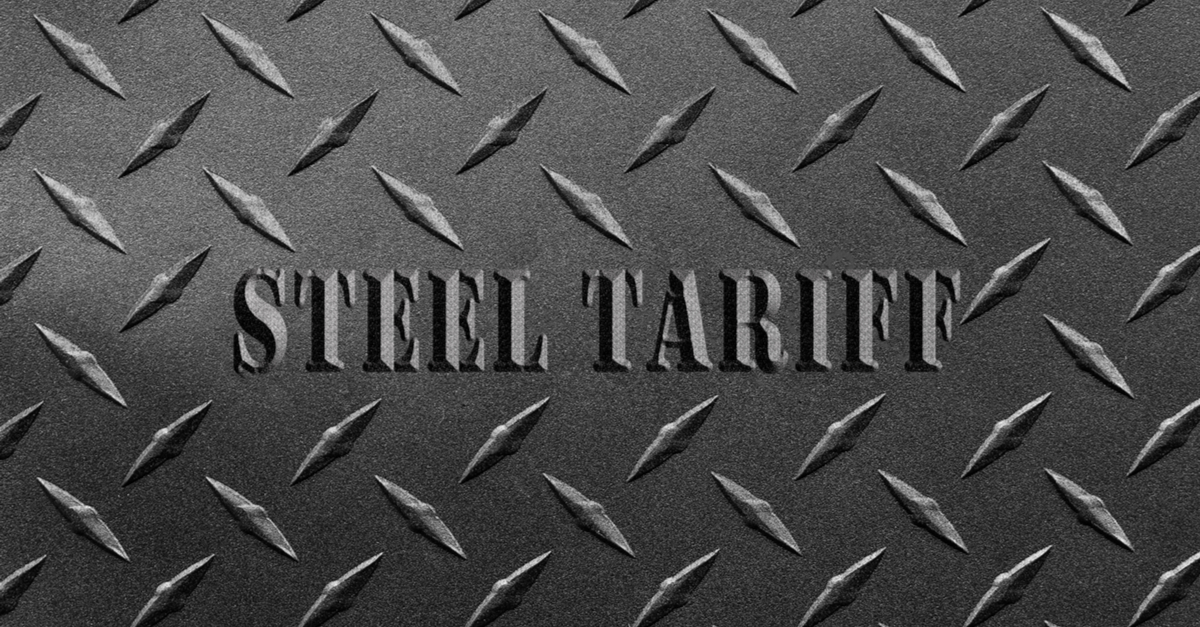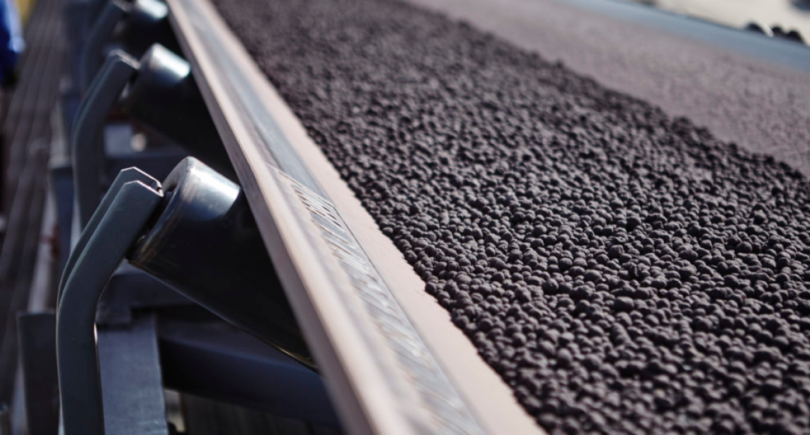
News Global Market Germany 2465 04 April 2025
The Association called the introduction of «reciprocal» US duties a blow to transatlantic trade
On April 3, 2025, US President Donald Trump announced the introduction of “reciprocal” duties on imports from all trading partners. The base duty rate of 10% will come into effect on April 5, and additional duties will be introduced for individual countries on April 9. The EU will be subject to a minimum duty of 20%.
The German Steel Industry Association WVStahl reacted strongly to this decision. CEO Kerstin Maria Rippel said that the new US duties are a “black day for transatlantic trade”. According to her, Germany is more dependent on exports than any other EU country, especially in steel-intensive industries.
“Indirect steel exports are the supply of goods with a high share of steel, such as machinery or parts of tools. In the case of the United States, we are talking about 2.4 million tons per year,” Rippel said.
Thus, the steel industry will suffer both from direct duties on steel and aluminum and from the secondary effect of duties on the automotive industry. According to Rippel, in the face of declining demand for steel, the new US measures could become an “accelerator of the crisis”.
She called on the European Union to respond to the US actions decisively, but at the same time to maintain space for dialogue and finding a political solution. At the national level, WVStahl believes that the German government should convert the funds from the infrastructure and climate fund into real projects that will boost the economy as soon as possible.
As GMK Center reported earlier, Germany is one of the ten largest steel producers in the world according to World Steel. In 2024, the country increased steel production by 5.2% compared to 2023 to 37.23 million tons. Pig iron production for the year amounted to 24.33 million tons (+2.9% y/y), and hot-rolled steel production amounted to 31.61 million tons (+3% y/y).
Despite the growth in steel production, smelting volumes remained below the 40 million tonne threshold for the third consecutive year, which corresponds to the recession level, WVStahl said.




